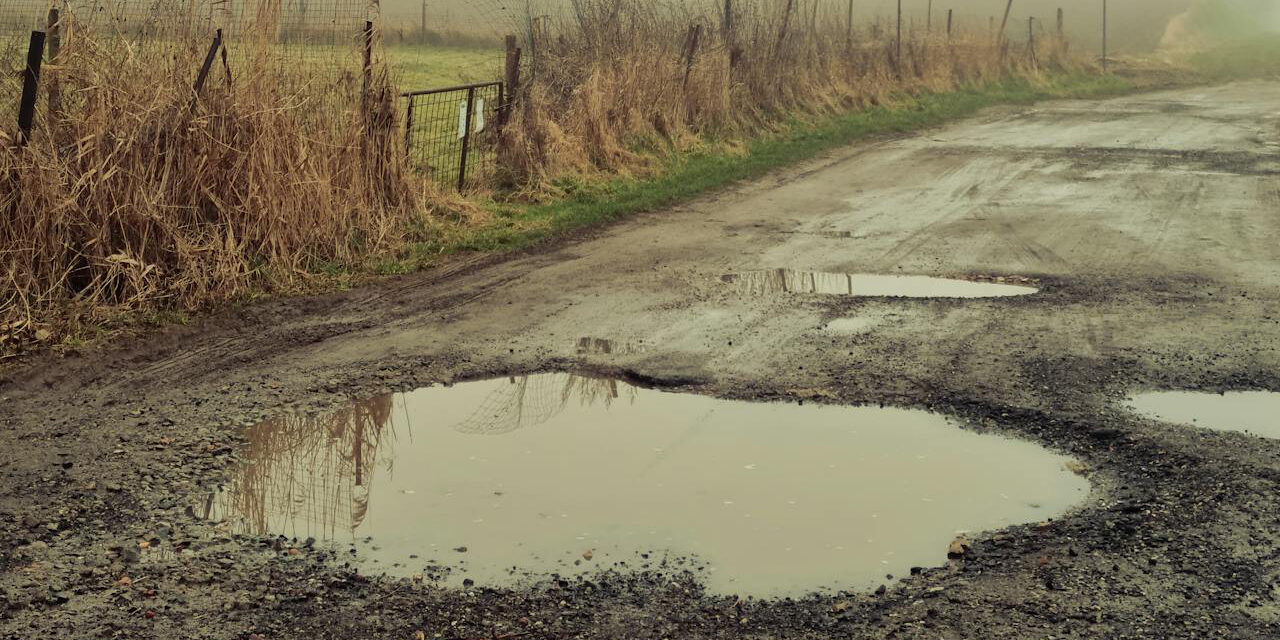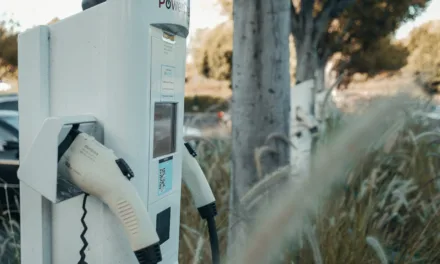After recent research laid bare the true state of the road network, new data released today shows that the nation’s motorists continue to pay a heavy price for the deteriorating surfaces. As tightening budgets leave councils struggling to repair roads, Kwik Fit’s latest annual PIT Report (Pothole Impact Tracker) reveals that in the last year, pothole damage has cost the country’s drivers a total of £1.48bn.
In 2018, research by the asphalt industry revealed that an estimated £9.31bn was needed to bring the road network up to scratch. These funds weren’t available, and Kwik Fit’s Pothole Impact Tracker highlights the corresponding costs to drivers in the subsequent years.
Between 2018-2024 drivers have spent a staggering £9.5bn on vehicle repairs caused by pothole damage. Notably, this almost exactly matches the road funding shortfall identified at the start of that period. Further highlighting that prevention is usually cheaper than cure, the one time catch up figure for road repairs has now risen to an estimated £16.3bn.
This year’s pothole damage bill of £1.48bn represents a 61% increase in the six years since 2018, when the annual cost to drivers was £915m. (In a glimmer of good news, it should be noted that there has been an improvement from 2023, which saw a total bill of £1.67bn.)
Advertisement
Over the last year, motorists suffering pothole damage faced an average repair bill of £120, with costs exceeding £300 for 660,000 car owners. For cars needing repairs after hitting a pothole, the most commonly damaged components were tyres (51% of cases), wheels (34%) and suspension (27%). One in eight (12%) pothole damage repairs included bodywork, 10% involved steering components, while 8% saw exhaust damage.
In a stark warning to drivers, Kwik Fit’s research found that in almost half (45%) of cases, the damage caused by hitting a pothole was not immediately apparent. One quarter (26%) of drivers suffering damage said that they identified the problem themselves when they checked the car in the days following the impact. However, nearly one in five (19%) say the damage was only identified when they took their car to a garage and had it checked by a professional.
Kwik Fit has found that some 60% of drivers say they have hit at least one pothole a week, up from 57% a year ago. In a related finding, 54% of drivers say the road surfaces in their area have deteriorated over the last twelve months, up from 48% in 2023. Only 10% say they have improved, down from an already meagre 15% this time last year.
Roger Griggs, communications director at Kwik Fit, said: “The worsening condition of our roads is a long term issue, as shown by Kwik Fit’s annual PIT report over recent years. We know that council budgets are ever more stretched, but poor road surfaces hit the UK in the pocket through the damage they do to the nation’s vehicles.
“Potholes are not just an issue because of the cost to drivers, they present a risk to people’s safety. Our research shows that in many cases, people are unaware of the damage their car has suffered. A tyre with a compromised inner sidewall or a wheel which has suffered cracking may not be obvious without a thorough check. Sometimes a pothole can result in a slow puncture, which only becomes critical a few days after the impact, often in the most inconvenient location. We advise drivers who experience any severe pothole impacts to keep monitoring for damage well after the event, and if they have any concerns, pop into a garage to have it checked over.”
Roger Griggs shares his tips to help drivers minimise the risk of pothole damage:
- Keep the pressure up: The air in your tyres will help absorb some of the impact from potholes so ensure they are correctly inflated (a golden rule for all motoring, not just for potholes)
- Reduce speed: Slowing down will give you more time to spot potholes, and reduce the force of the impact should you hit one
- Give yourself space: Stay a safe distance behind the car in front to give yourself time to react if you see them swerve to avoid a pothole
- No sudden moves: Try to avoid driving through a pothole if possible, but avoid swerving abruptly, which can risk loss of control or impact with other road users who may be surprised by an unexpected manoeuvre
- Check for damage: If you do hit a pothole, pay attention to how the car feels – if anything about the car’s handling feels different, stop when safe to do so and check all round the car, especially tyres, wheels and suspension
- Look for bulges: A car’s tyres take the brunt of a pothole impact – check the sidewall for any bulges as these indicate that the tyre structure has been compromised and should be replaced
- Check for damage again: Remember to check in the following days for damage which may not have been immediately apparent – and if you have any concerns have your car checked by a garage
Any driver who has hit a pothole and suspects they may have suffered damage but is unsure what to look for can take their car to any of Kwik Fit’s 600 plus centres across the UK where the company’s expert technicians will check for damage.
For the latest news and updates from Kwik Fit, customers can also follow the company on Twitter at @kwik_fit.
Advertisement














Just an observation, you make no suggestion that the growth in SUVs is partly to blame for extra road damage. You could actually hugely reduce pothole damage if people started walking and cycling more for short journeys. People need to start buying reasonable sized cars, and feel the health benefits of using their cars less.